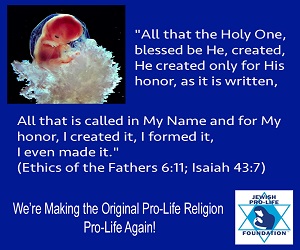New York’s highest court ruled on May 21 that it would uphold legislation requiring insurance companies to cover abortions. In response, the Diocese of Albany announced it will appeal the ruling.
“While we respect the decision issued today by the New York State Court of Appeals we will again seek review by the United States Supreme Court of this critical challenge to religious freedom,” the Diocese said in the May 21 statement.
The Diocese argued that “regulatory action by the state to require religious organizations to provide and pay for coverage of abortion in their employee health plans” is “unconstitutional” and “involves government entanglement in the fundamental rights of free exercise of faith and conscience.”
State financial regulators approved the pro-abortion regulation in 2017. The state legislature codified it into law in 2022.
As CatholicVote previously reported, in 2021, the Diocese of Albany, together with a group of Catholic and Anglican nuns and several other dioceses and Christian churches across denominations, filed suit against the state over the regulation.
SUPPORT LIFENEWS! If you want to help fight abortion, please donate to LifeNews.com!
Becket Fund, a religious liberty law foundation involved in the case, stated on its information page: “Each group is challenging New York’s abortion mandate because it believes that life begins at the moment of conception, and that to intentionally end the life of an unborn child is a grave moral sin.”
According to the Becket Fund, the Diocese had previously asked the U.S. Supreme Court to hear its case on April 23.
The Supreme Court agreed to consider the case, then sent it back to the state’s highest court to reconsider. The state’s May 21 decision to uphold the regulation is the result of the high court’s reconsideration. According to a May 21 Associated Press News report, the high court found that the state’s criteria for religious exemptions were “too vague,” giving officials “too much discretion to determine which companies wouldn’t have to follow the rule.”
LifeNews Note: Madalaine Elhabbal writes for CatholicVote, where this column originally appeared.








